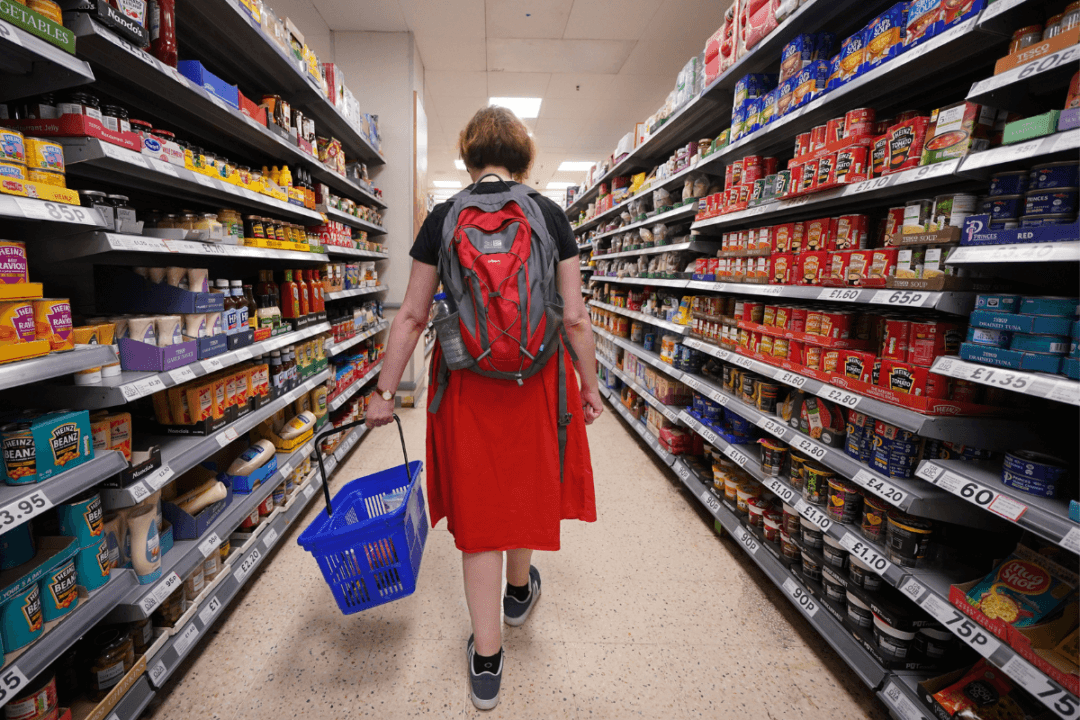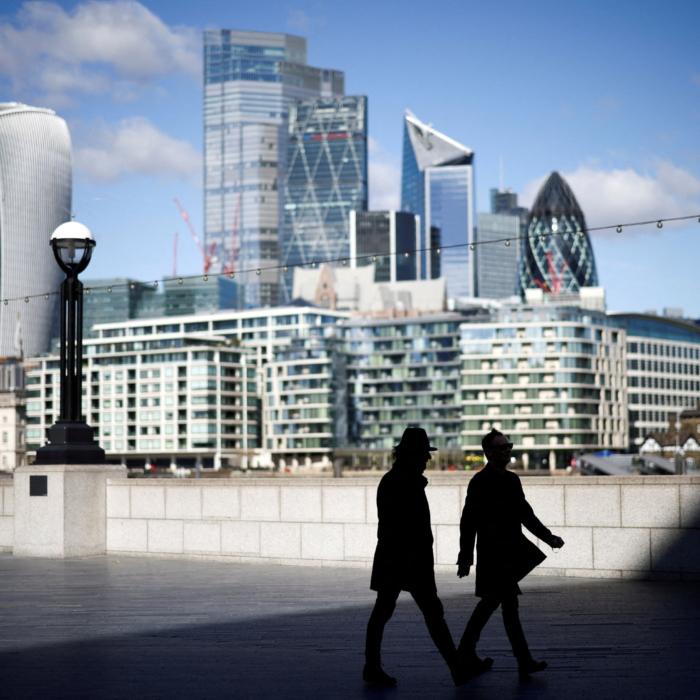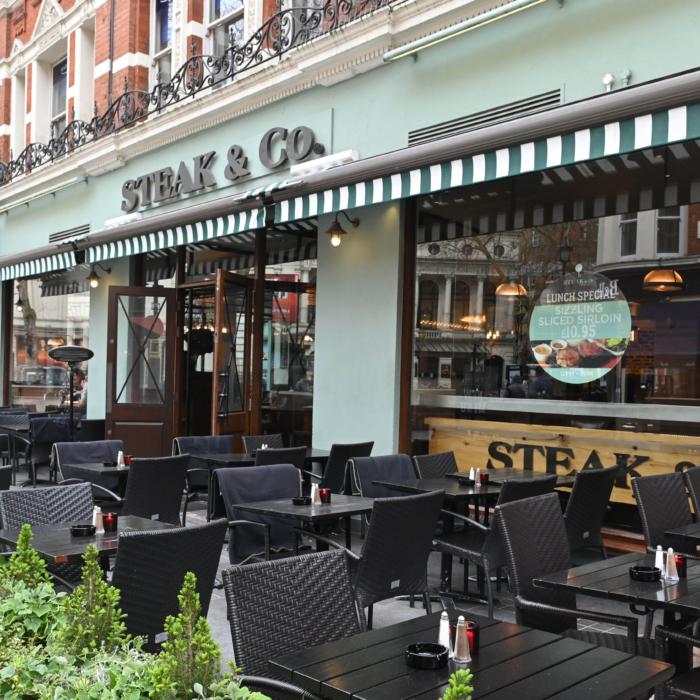Grocery prices last month were 2.3 percent higher than in October 2023 and also up on September’s 2 percent increase, according to data and consulting company Kantar.
Kantar said that promotions by supermarkets and sales of store-branded products is helping to keep prices down, with customer spending on deals having gone up consistently for the past 18 months, now making up 28.6 percent of all sales.
At the same time, take home sales have gone up.
Supermarkets have seen the biggest spend month of the year so far, reaching £11.6 billion in the four weeks to Nov. 3.
Holiday Spending
October was the busiest month since March 2020—when shoppers were preparing for the first COVID-19 lockdown—but despite the steady increase, shopping frequency still has not returned to pre-pandemic levels, more than four years on.Kantar put this rise in sales down to people preparing for Halloween and Christmas. The consulting firm said that 3.2 million households had bought at least one pumpkin and confectionary spending hit £525 million, with sales of chocolates rising by 13 per cent and sweets by 7 percent.
Some 648,000 consumers have already bought a Christmas cake and 14.4 percent of households buying mince pies.
Impact of Tax Rises
The figures come after leading food retailers warned that increases to employer National Insurance contributions (NICs) and the rise in the national living wage announced by Chancellor of the Exchequer Rachel Reeves last month could lead to higher inflation and higher grocery prices.Sainsbury’s, the UK’s second-largest food retailer after Tesco with 15.5 percent of the market share, said last week that the increase in employer NICs will cost the supermarket chain £140 million, even before wage uplifts are applied.
Reeves has suggested that businesses will be able to absorb the increase by introducing efficiencies or reducing profits, rather than lowering wages.
However, Sainsbury’s Chief Executive Simon Roberts said that retail and hospitality sectors should not be expected to absorb “this level of cost inflation without inflationary impacts.”
Asda, the country’s third-largest food retailer with 12.5 percent of the market, similarly said that the tax changes will lead to £100 million in extra costs for the chain.
Asda chairman Lord Stuart Rose said that the supermarket will try to limit the costs passed onto shoppers, but that prices could still rise.
Rose said: “We are a very efficient industry, as retailers. We will do everything we can to mitigate this cost.
Hospitality Sector Predicts Job Cuts
It is not only food retailer predicting that the Budget will put a strain on their sector, with hospitality warning of potential closures and job losses.UKHospitality CEO Kate Nicholls said that the increased costs will affect many businesses.
Nicholls said: “There is no capacity to pass the costs onto customers. Businesses would be reluctantly forced to raise prices by 6-8 percent, fuelling inflation, yet could not realistically do so as our customers are at the end of their ability to pay more.”
“Instead, many businesses would have to reconsider investment and drastically cut jobs and reduce the hours of team members. Contract catering, a significant part of our sector, would struggle to meet important public sector catering contracts for schools, hospitals, and prisons,” she said.







